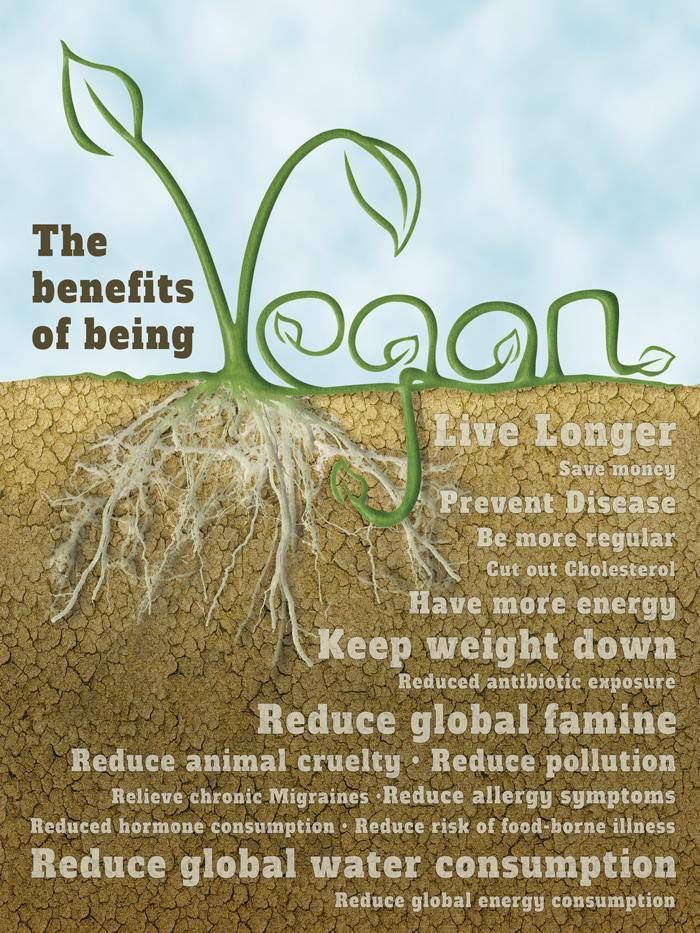Benefits of Going Vegan
At [Your Website Name], we understand the growing interest in adopting a vegan lifestyle and the numerous benefits it can bring to individuals and the planet. In this article, we will explore the advantages of going vegan and how it can positively impact your health, the environment, and animal welfare.
Improved Health
Switching to a vegan diet can have a transformative effect on your overall health. By eliminating animal products and focusing on plant-based foods, you can significantly reduce the risk of chronic diseases such as heart disease, type 2 diabetes, and certain types of cancer.
A vegan diet is rich in fiber, vitamins, minerals, and antioxidants, which are essential for maintaining a healthy body. It can help lower cholesterol levels, regulate blood sugar, improve digestion, and support weight management. Additionally, plant-based diets are often associated with higher energy levels and improved skin health.
Environmental Sustainability
Choosing a vegan lifestyle is not only beneficial for personal health but also for the environment. Animal agriculture is a leading contributor to greenhouse gas emissions, deforestation, and water pollution. By opting for a vegan diet, you can significantly reduce your carbon footprint and contribute to the fight against climate change.
Animal agriculture requires vast amounts of land, water, and resources to sustain livestock. By transitioning to a plant-based diet, you can help conserve natural resources, protect biodiversity, and reduce the strain on our planet’s ecosystems.
Compassionate Animal Welfare
One of the core principles of veganism is the ethical treatment of animals. By going vegan, you actively choose to avoid supporting industries that exploit and harm animals. Factory farming practices often involve confinement, overcrowding, and inhumane treatment of animals.
By eliminating animal products from your diet, you are taking a stand against animal cruelty and promoting a more compassionate world. Choosing plant-based alternatives not only saves animal lives but also encourages the development and growth of cruelty-free industries.
Supporting Local and Sustainable Agriculture
Adopting a vegan lifestyle can also have a positive impact on local and sustainable agriculture. By focusing on plant-based foods, you can support local farmers who grow organic fruits, vegetables, and grains. This promotes a more sustainable and resilient food system that benefits both the environment and local communities.
Furthermore, vegan diets often encourage the consumption of seasonal and locally sourced produce, reducing the need for long-distance transportation and associated carbon emissions.

In conclusion, adopting a vegan lifestyle offers a wide range of benefits, including improved health, reduced environmental impact, and support for animal welfare. By making conscious choices about what we eat, we can contribute to a healthier planet and create a more compassionate world.
At [Your Website Name], we believe that going vegan is not only a personal choice but also a powerful step towards a sustainable future. Join the growing community of individuals who are embracing a plant-based lifestyle and experiencing the transformative benefits it can bring.
Frequently Asked Questions about the Benefits of Going Vegan
1. What are the health benefits of going vegan?
Going vegan can help lower the risk of heart disease, high blood pressure, type 2 diabetes, and certain types of cancer. It can also lead to weight loss and improved overall well-being.
2. Will a vegan diet provide enough protein?
Yes, a well-planned vegan diet can provide all the necessary protein your body needs. Plant-based protein sources include legumes, tofu, tempeh, seitan, quinoa, and nuts.
3. Can going vegan help with weight loss?
Yes, a vegan diet can aid in weight loss as it tends to be lower in calories and saturated fats compared to a diet that includes animal products. However, it’s important to maintain a balanced diet and watch portion sizes.
4. Are there environmental benefits to going vegan?
Absolutely! Animal agriculture is a significant contributor to greenhouse gas emissions, deforestation, and water pollution. By choosing a vegan lifestyle, you can help reduce your carbon footprint and contribute to a more sustainable planet.
5. Is it possible to get all the necessary nutrients on a vegan diet?
Yes, with proper planning, a vegan diet can provide all the essential nutrients your body needs, including vitamins B12 and D, iron, calcium, and omega-3 fatty acids. It may be necessary to supplement certain nutrients, especially vitamin B12.
6. Can a vegan diet help improve digestion?
Many people find that a vegan diet, rich in fiber from fruits, vegetables, whole grains, and legumes, can improve digestion and alleviate constipation. However, sudden dietary changes may initially cause temporary digestive issues.
7. Are there any benefits of going vegan for skin health?
Some individuals report improvements in their skin health after adopting a vegan diet. This could be due to the increased intake of antioxidants, vitamins, and minerals found abundantly in plant-based foods.
8. Can going vegan help reduce the risk of certain diseases?
Yes, studies have shown that a vegan diet can lower the risk of developing conditions such as coronary heart disease, hypertension, certain types of cancer, and even Alzheimer’s disease.
9. Will going vegan automatically lead to weight loss?
While a vegan diet can aid in weight loss, it’s important to note that consuming excessive amounts of processed vegan foods or overeating calorie-dense plant-based foods can still result in weight gain. Portion control and choosing whole, unprocessed foods are key.
10. Can a vegan diet be suitable for athletes and bodybuilders?
A well-planned vegan diet can meet the nutritional needs of athletes and bodybuilders. Adequate protein, carbohydrates, healthy fats, and micronutrients can be obtained from plant-based sources to support athletic performance and muscle recovery.




